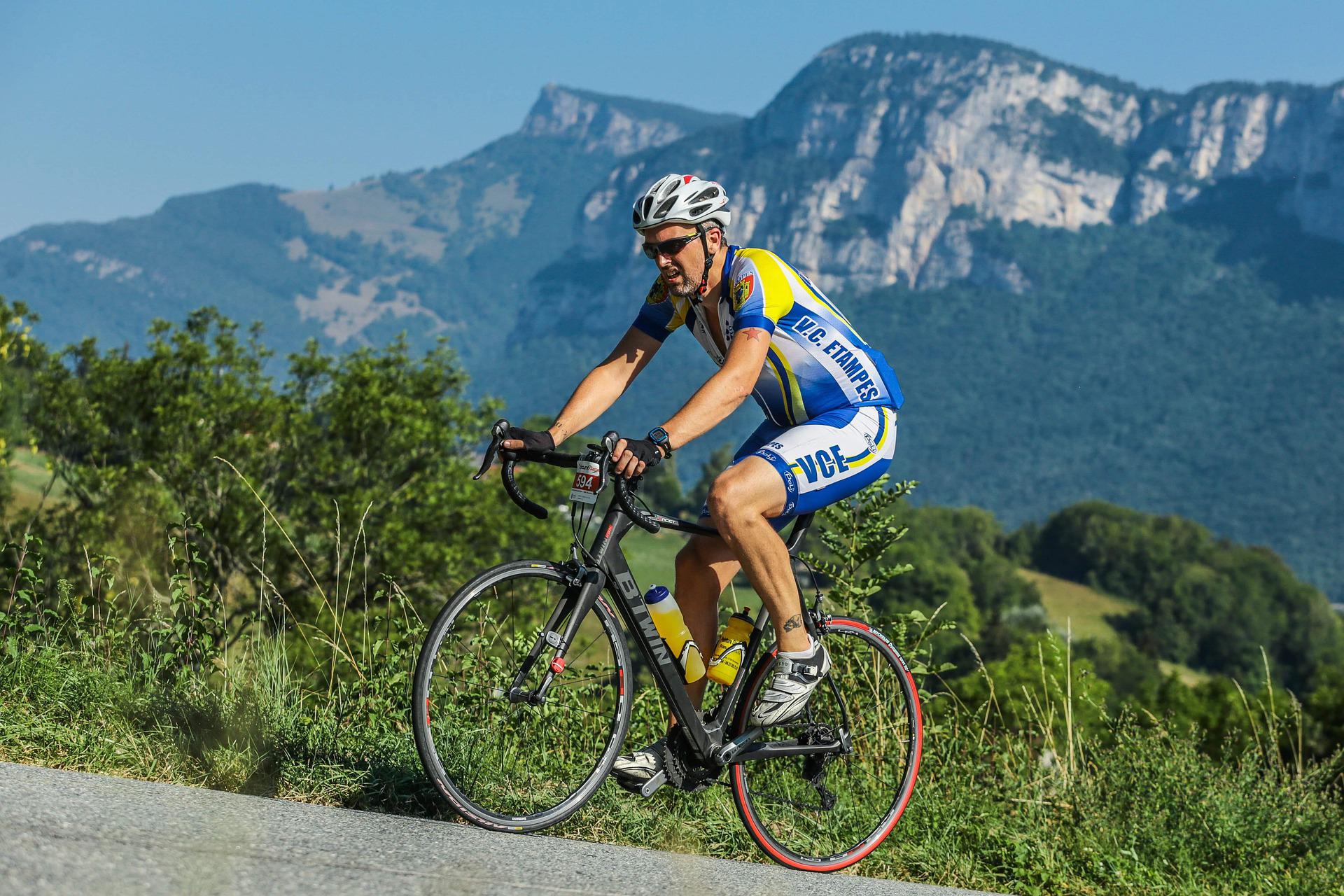
Contents
Are you looking to purchase an electric bike, but worried if you can ride uphill and downhill terrains?
The e-bike can be used on a variety of terrains. Whether you're climbing up a steep hill or going down a steep hill, the e-bike will make the journey easier for you. No bike—electrically powered or not—will carry you up a cliff wall.
An electric bike is a normal bike powered by electrical assistance instead of pedaling. These vehicles are also known as e-bikes, pedal-assist bicycles, or power-assisted cycles that are aided by an electric motor.
Riding a bike that runs with the assistance of an electric motor also helps you to save money when compared to a normal bike. Even if your battery dies, you can still use it as a normal bike.
Your legs have to perform less effort thanks to the electric motor, which is essentially your greatest buddy in this scenario.
E-bikes are gaining popularity because they provide a convenient way to get around town without having to deal with gas prices and traffic jams. There has been an increase of nearly 300% since 2010. They offer convenience, ease of use, and affordability.

Cycling will be pleasant on the way down if one lives on an elevation, but one can be tiring on the way up. While the majority of people should be able to go at this speed without feeling uncomfortable, some people might like to drive a bit faster. Although exercise has its benefits, there is a limit to how much stress one's legs can endure.
To make cycling enjoyable, the concept of using torque to enhance the deteriorating pedal power becomes mandatory.
E-bikes today can be specially designed to make hill climbing easier; a higher nominal power gives greater hill climbing strength but reduces the distance traveled. However, the performance depends on the size of the motor used. An electric bike can travel up steep hills at an average speed of 18 to 25 mph.
After every uphill, there is often a downhill. Regenerative braking allows an electric bicycle to extend its range when traveling downhill. By generating electricity during the descent, it can save some of the energy that would otherwise be lost when climbing hills.
Essentially, the electric bike can just convert some of the energy that went into moving uphill into energy that goes into moving downhill.
The next thing now to learn is how to ride an e-bike properly. There are 3 main things that you should think about and these are discussed below:
Your body position depends on how steep the slope is and whether you're riding uphill or downhill. If you're riding on a flat surface, you can sit upright without having to lean back too far. But if you're climbing a steep grade, you'll probably find yourself leaning forward a little bit to keep your balance. To do this, just lower your chest to the handlebars and let your arms hang naturally.
When cycling, you should choose the proper line to keep the proper pedaling cadence. This is crucial to do when climbing hills since you cannot afford to stop pedaling if you want to keep moving quickly. To see what is coming next, it is best to look 5 meters ahead.
The tires also have a great impact on performance. Proper traction is provided through the tires. You should find the correct tire pressure and this depends on what type of terrain you ride and how you ride.
The nicest part of riding is going downhill. It can also be one of the trickier parts of riding, the other hand.

Here are some useful tips and methods to get you started so you can descend with skill and control while using it:
It is advisable to let the machine do the job as it absorbs the terrain when descending it is designed for trail riding. Keep your grip on the handlebars loose. Instead, maintain a strong core and keep your arms at your sides. Additionally, it is vital to have calm, non-stiff legs when descending tough terrain. You can move more nimbly since your body can act as its suspension system thanks to this.
Lowering your weight and pumping your e-bike with your arms while descending will assist you to roll over roots, rocks, and other trail hazards. Keeping the tires in touch with the trail, this aids in maintaining traction. You can brake, turn, and ride tricky terrain with better control if you maintain that tire contact.
Focus on riding the most comfortable routes while looking forward to seeing what may come next. To see where the route is going and what kinds of hazards you'll be navigating, it helps to keep your eyes forward rather than directly in front of you. Although it may seem simple, developing the courage to glance ahead requires experience and time on it.
It is important to maintain your weight low and beneath the saddle as the downhill becomes steep. To move with it more effortlessly, flex your elbows and knees. By shifting your weight, you maintain balance and gain more control. It also helps to keep your heels pointing down at the ground.
E-bikes do have gears, and they function almost the same as the gears on a normal bike.
A lower gear is also necessary when going uphill since it requires more work. To increase your chances of success, change your gear before you reach the hill. Your momentum will be lost if you don't.
You may select a higher gear when you reach the peak and enjoy the journey back down.




